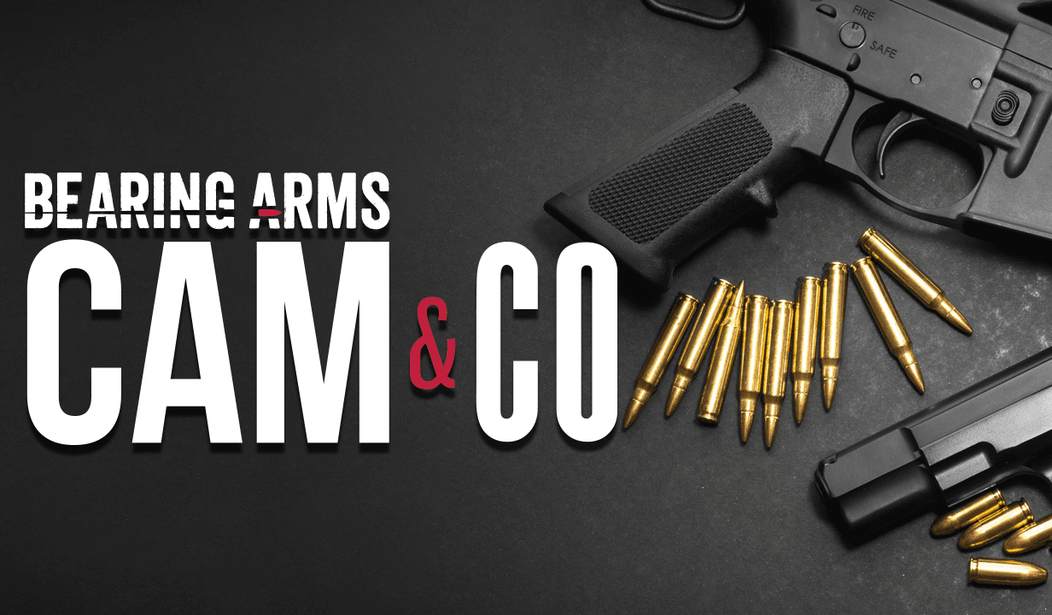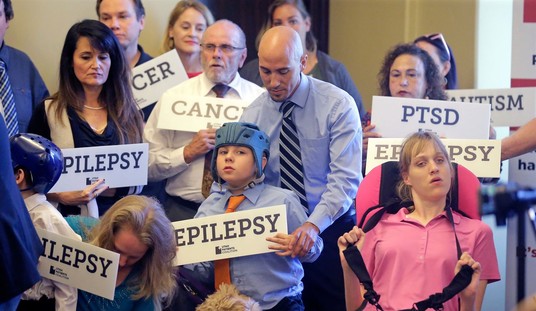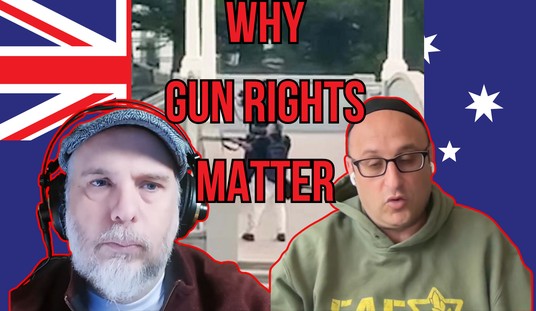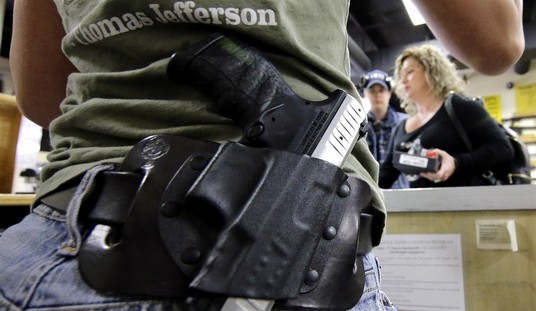The legal fights over Extreme Risk Protection Orders are starting to heat up on a couple of fronts. In Maryland, a new federal lawsuit is challenging the constitutionality of the state’s ERPO law, while the Second Amendment Foundation has launched its “Capture the Flag” initiative aimed at undoing “red flag” laws in other states, starting with California, Florida, Massachusetts, New Jersey and Washington.
“SAF has been concerned about these statutes since they first started showing up,” noted SAF founder and Executive Vice President Alan M. Gottlieb. “We have already taken legal action against officials in Maryland for an egregious abuse of the law against a citizen in Dorchester County. But all of these laws should raise alarms because they prioritize citizen disarmament ahead of due process, and that can easily lead to deprivation of rights under color of law.”
While SAF is going on offense, New York Attorney General Letitia James is defending the state’s “red flag” law, appealing decisions from multiple judges who have determined the statute lacks due process protections and violates the Second Amendment rights of those subject to the law’s effects.
Judges have approved more than 6,400 orders since the law took effect four years ago.
But lawyers for people resisting those requests have challenged the law itself and — in some cases — found sympathetic judges: three declared it unconstitutional. Blocking firearms access without a doctor’s opinion violates gun rights and due process, they ruled.
State Attorney General Letitia James is appealing three of those decisions, hoping to tamp down further challenges with higher-court opinions that affirm the law’s validity. Her office filed its arguments in July in Appellate Division courts in Brooklyn and Rochester.
“The constitutional right to possess a firearm is limited to law-abiding and responsible persons, i.e., those who are not likely to engage in conduct that would result in serious harm to themselves or others,” wrote Sarah Coco, an assistant solicitor general in James’ office.
The problem with Coco’s argument is that the state’s red flag law can and has been deployed against people who haven’t been accused of a crime, much less convicted of one. And under New York’s ERPO law, a judge can make a finding that someone poses a threat to themselves or others without the mental health system ever getting involved; a step that Orange County Judge Craig Brown and others say abridges the rights of those subject to an ERPO petition.
Brown ruled that judges can’t decide someone is likely to cause serious harm — the justification for a red flag order — without a doctor or mental health expert saying so. An order prevents someone from buying or possessing a gun and requires them to turn over any firearms they have.
Without an expert’s mental-health determination, Brown concluded in April, the law “lacks sufficient statutory guardrails to protect a citizen’s Second Amendment Constitutional Right to bear arms.”
Two other judges also found the law unconstitutional. Thomas Moran, a Supreme Court justice in Monroe County, did so in December in a case in which a man asked for an order against his estranged girlfriend. Like Brown, he decided a doctor’s opinion was needed before suspending gun rights and allowing police to enter a home and seize guns.
“A potentially mentally ill citizen should enjoy the (same) rights and privileges as any person of this state,” Moran ruled.
At least three other New York judges have taken the opposite view, dismissing any claims of constitutional violations.
One potentially disturbing development is that, so far anyway, none of the parties in the lawsuits that James is appealing have responded to the AG’s latest briefs. That could set up a situation similar to the Miller case back in the 1930s, when the Supreme Court upheld the National Firearms Act after the named defendant and his attorney in the case failed to appear in court to provide a defense or an argument to the contrary.
We’ve had several correct rulings at the trial court level in New York, but that doesn’t mean that we’ve yet found the right plaintiff to carry a challenge through to the state Supreme Court or SCOTUS. New York isn’t currently on the list of states initially targeted by the Second Amendment Foundation’s “Capture the Flag” initiative, but if the organization is looking for challengers in states like California, Maryland, Massachusetts, and New Jersey I hope they won’t turn away a potential plaintiff willing to go the distance in the Empire State as well. Otherwise, we could see a weak case result in awful precedent, and a bad law upheld because of inaction on the part of the defendants.









Join the conversation as a VIP Member